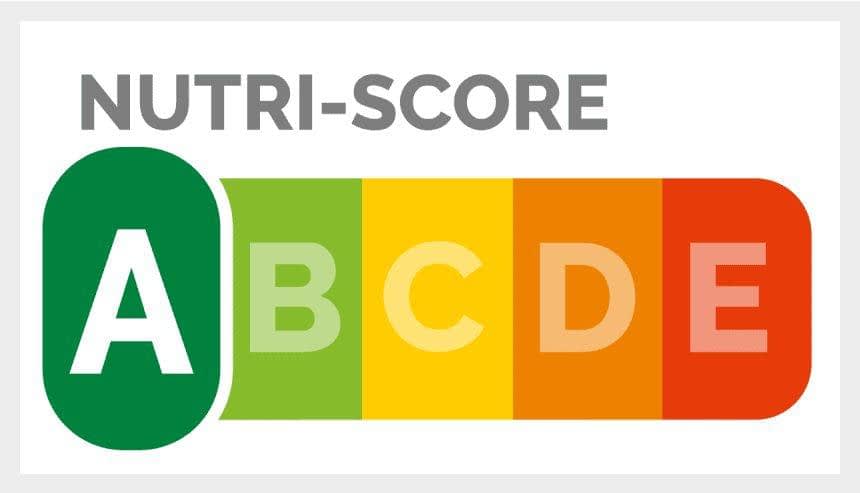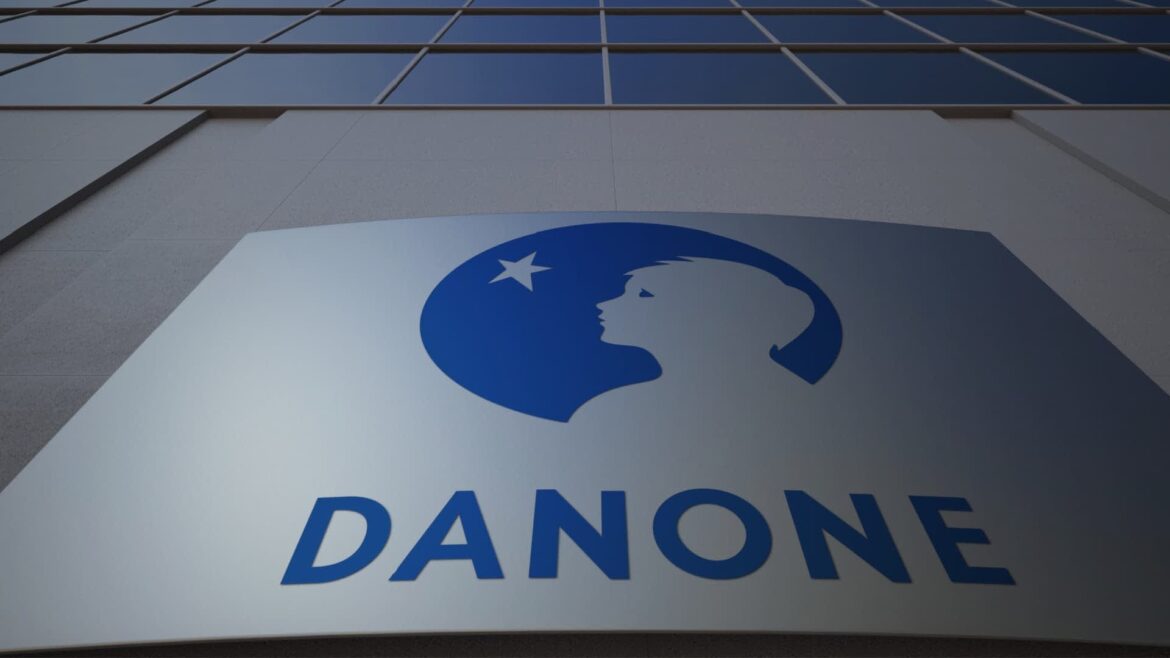Summary
Danone is reducing its use of the French Nutri-Score labeling system on drinkable dairy and plant-based products following a change in the algorithm that reclassified these items as beverages. The company disagrees with the update, stating that it gives an inaccurate view of the nutritional quality of these products and may continue to evolve its approach to Nutri-Score.
Danone, a French multinational food producer and one of the earliest adopters of Nutri-Score, announced that it would significantly reduce its use of the French front-of-pack labeling (FOPL) system.
Following the latest update to the Nutri-Score algorithm, the French food corporation is removing the FOPL from its drinkable dairy and plant-based products.
We do not agree with the revision of the algorithm. This development gives an erroneous view of the nutritional and functional quality of drinkable dairy and plant-based products.- Danone,
The traffic-light-style FOPL uses a combination of five coordinated colors and letters to rate how healthy a packaged food item is based on its fat, sugar, salt and calorie content per 100-gram or milliliter serving. The “Green A” indicates the healthiest option, and “Red E” denotes the least nutritious.
The new version of Nutri-Score reclassified drinkable dairy and plant-based products from the general food category to the beverage category.
See Also:Nutri-Score Changed Food Formulas in France, Researchers Find
This change affected the products’ ratings, as the algorithm applies different metrics depending on the category in which the foods are listed.
In this category, products like whole milk were downgraded from “B” to “C” due to their fat content.
After the switch, the ratings of some of those products dropped from “A” or “B” to as low as “D” or “E,” depending on the sugar content or the nutritional impact of alternative sweeteners.
Nutri-Score metrics also consider the function: while solid yogurt is classified as a food typically eaten during meals, drinkable yogurt is categorized as a beverage, assumed to be consumed outside of meals.
Water is the only drink in the beverage category that maintains a “Green A” classification.
“We do not agree with the revision of the algorithm,” Danone told Olive Oil Times. “This development gives an erroneous view of the nutritional and functional quality of drinkable dairy and plant-based products, not in line with food-based dietary guidelines in Europe.”
Some of these products may contain 10 to 13 grams of sugar per 100 mililiters but were abnormally classified as ‘A’ or ‘B’ with the calculation method for general foods that were initially used- Nutri-Score,
Danone is removing Nutri-Score information from several popular brands, such as Actimel, High Pro, Danino, Danone and Activia.
Nutri-Score promoters strongly disagreed with the company’s decision.
“The sugar content of these beverages – drinkable yogurts, sweetened milk drinks (flavored milk) and plant-based drinks (including soy, almond, oat, rice, etc.) – varies considerably between sugar-free and very sweet versions of the product,” Nutri-Score’s organizers wrote in a blog post.
“Some of these products may contain 10 to 13 grams of sugar per 100 mililiters (i.e., the same level as sodas) but were abnormally classified as ‘A’ or ‘B’ with the calculation method for general foods that were initially used,” they added.
Danone’s approach to Nutri-Score may continue to evolve.
“We are also studying the impact of this withdrawal on our other product references and are working with all stakeholders in each market where we operate to identify the best solution,” the company said.
The Nutri-Score update was announced last year following a two-year review by the scientific committee overseeing the FOPL.
 Nutri-Score label
Nutri-Score label
Among the many products affected, the review also upgraded all olive oils from “Yellow C” to “Light green B.”
The FOPL’s promoters emphasized that periodic algorithm revisions were planned and anticipated since its debut.
“A nutritional logo, whatever it might be, must be revised regularly based on scientific progress… market developments… experience of its implementation,” they wrote.
While distancing itself from Nutri-Score, Danone also called for the adoption in the European Union of “a harmonized interpretative nutritional information system benefiting all European consumers.”
Nutri-Score has been adopted in six E.U. countries (France, Belgium, Germany, Luxembourg, the Netherlands, Spain and Portugal) and Switzerland.
These implementations are voluntary, meaning that food producers can freely choose whether to apply the logo on their packages.
Several countries oppose the introduction of Nutri-Score as an E.U.-wide FOPL, and last year, the Romanian consumer watchdog formally forbade food producers from displaying the French FOPL on their packages.
Two years ago, Italian Antitrust authorities prohibited the use of French-origin FOPL on various types of food.

